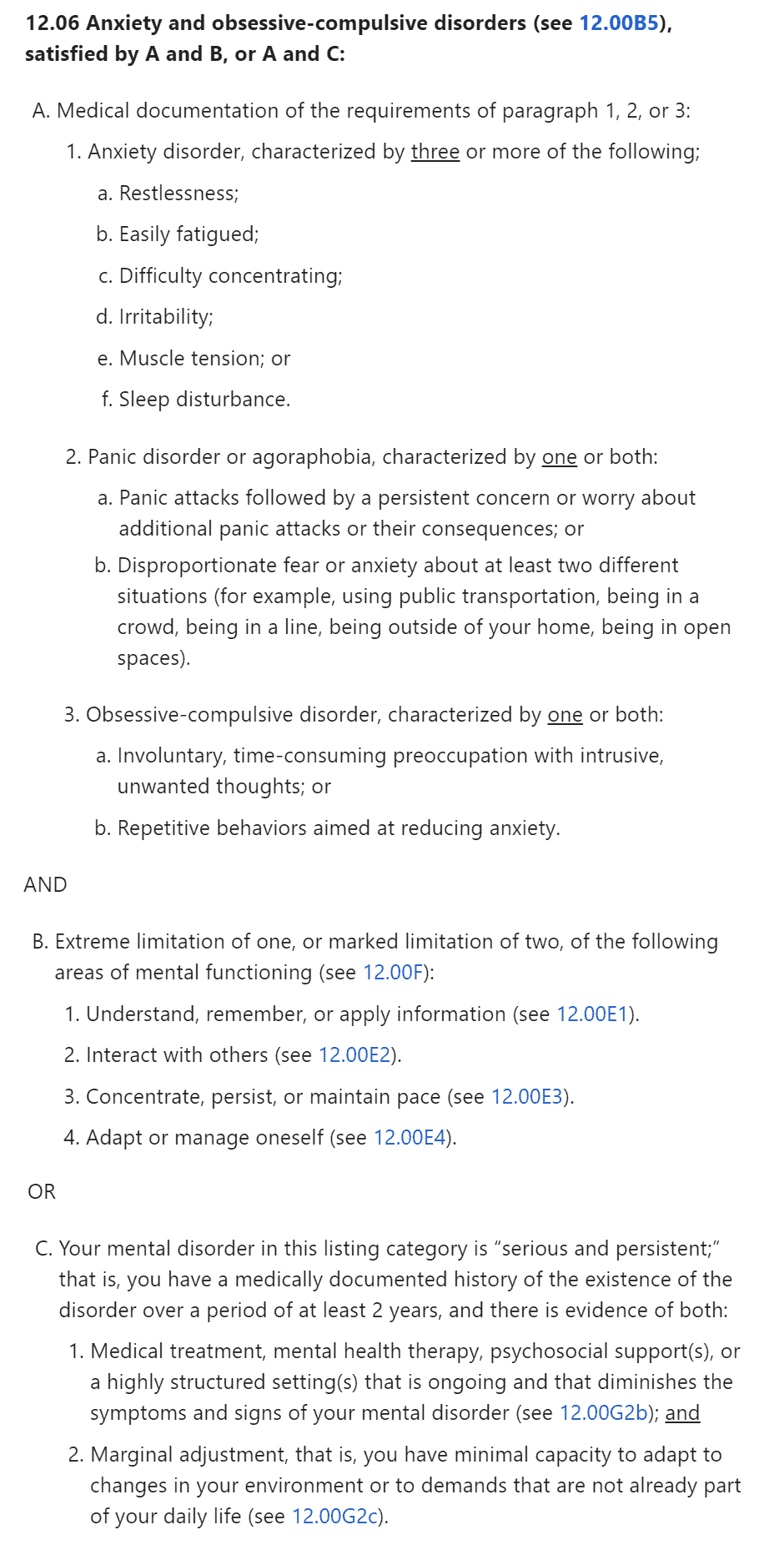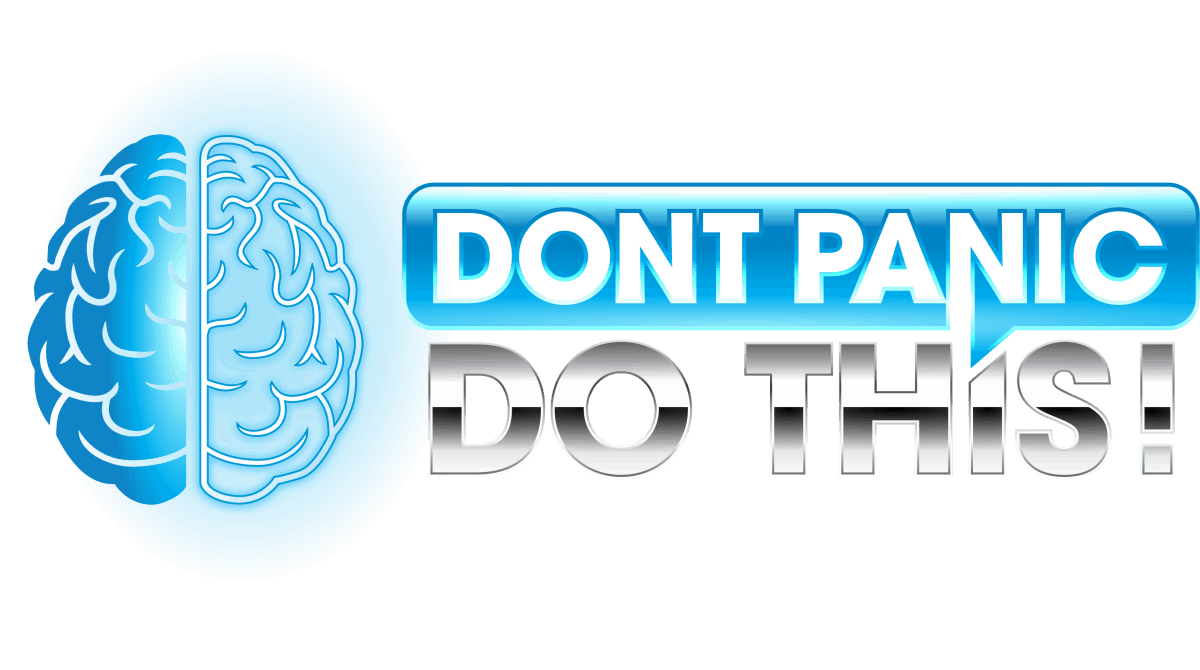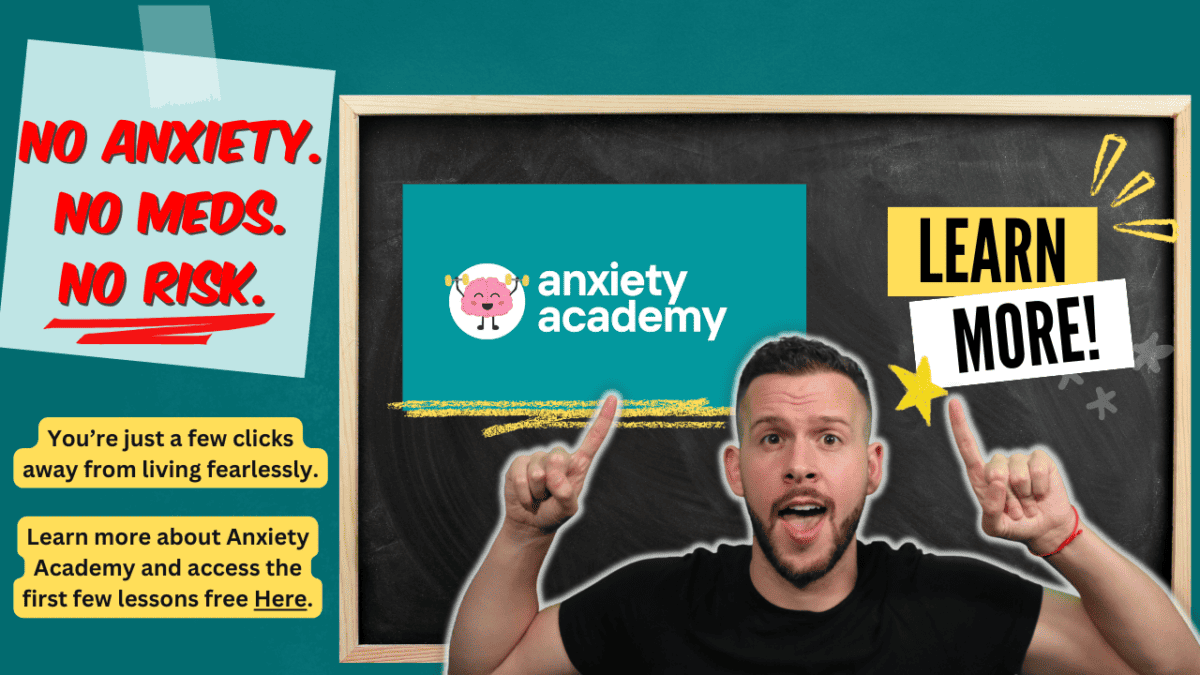Anyone who has suffered from a severe anxiety disorder has likely wondered whether they're eligible for disability for anxiety and panic attacks.
Can I get disabiility for anxiety and panic attacks? Severe anxiety disorders can qualify for disability if they truly interfere with your ability to function in the workplace. The government will require professional diagnosis and evidence of this disability, as well as proof that you are unable to work a job in a lesser capacity.
But how easy is it to be approved? Does your anxiety disorder qualify? And, even if you are eligible, is this necessarily the best course of action for you to take?
Let’s explore those questions in further detail.
Is Anxiety a Disability?
Let’s back up a bit.
Before we ask “Can I get disability for anxiety and panic attacks,” we need to determine whether or not anxiety is a true disability in the first place.
First, the definition of the word “disability.”
Alright then. Does your anxiety limit your movement, senses or activities? Is it a disadvantage or handicap recognized by the law?
If your answer is “yes,” then it seems fair to say your anxiety disorder can be considered a disability.
Anxiety is, however, an “invisible disability.” This means that other people cannot always observe it. And because people may not observe it, they may not doubt its authenticity. People without anxiety may dismiss it as something that you “just have to get over.”
To this point, I argue … would you want you surgeon to be having a panic attack while he operates on you? Would you want your pilot to have a panic attack while flying your plane? Probably not.
Severe anxiety and panic attacks can be a debilitating experience, capable of interfering with a person’s ability to perform virtually any job.
Panic attacks and other anxiety disorders can even lead to phobias such as agoraphobia. Someone with agoraphobia may find it difficult or impossible to muster the strength to go to work, or to even leave the house.
For these reasons, it’s clear that anxiety is a disability for many people.
How to Get a Disability Check for Anxiety
Whether or not you qualify for disability benefits for your anxiety will depend on which country you live in. If you’re wondering how to get a disability check for anxiety in the United States, there are a few factors to consider.
First off, which anxiety disorders qualify for disability?
In the US, many different anxiety disorders can qualify you for disability. PTSD, panic disorder, OCD, phobias, and even generalized anxiety disorder can all qualify.
The thing is, it’s not so much about which anxiety disorder you have, but rather the severity of it.
Mild to moderate anxiety does not seem to be sufficient to receive disability in most cases.
In order to be considered for disability, you will need to be suffering from severe anxiety.
Furthermore, self-diagnosis of your anxiety is not adequate here.
Your anxiety will need to be diagnosed by a licensed professional, who will likely expect you to describe your symptoms in detail.
According to the SSA website, in order to be considered for disability due to anxiety you must meet a few conditions. At the time of my posting this article these conditions (as per section 12.06 on SSA.gov) are as follows:

This wall of text can definitely be overwhelming, but I’ll try to break down the gist of it for you.
Basically, in order to qualify for disability benefits with anxiety, you will need to fulfill requirements A and B, or A and C. Those requirements being:
A. Medical documentation of: Severe Anxiety Disorder, panic disorder, agoraphobia, or obsessive-compulsive disorder.
AND
B. Extreme limitation of one, or significant limitation of two of the following:
- Ability to understand, remember, or apply information
- Socialize or interact with others
- Focus, persist, or maintain pace
- Adapt or manage oneself
OR
C. Evidence that your condition is “serious and persistent.” This would require proof that you’ve been receiving treatment or therapy for your anxiety disorder for at least two years. Also, evidence that you’re involved in ongoing treatment to decrease the symptoms of your anxiety disorder, and that you’re unable to add changes to your daily life outside of your current routine.
You have a legitimate claim for disability due to anxiety only if your anxiety is severe, well-documented, and keeping you from living an otherwise normal life.
If the SSA deems that you do not meet the above listed criteria, they may give you a “mental residual functional capacity,” or, “mental RFC.” Effectively, this means that they would be taking a look at your past 15 years work history and determining whether or not you are truly “unable to work.”
In other words, unless your anxiety disorder is truly severe and truly disables you from being able to work… they may determine that you are still able to work in a less skill-intensive or less demanding capacity.
As you can see, getting disability for anxiety is not as simple as saying: “I can’t work due to anxiety and stress.”




Should I Claim Disability for My Anxiety Disorder?
So, you know what the expectations are for those claiming disability due to an anxiety disorder. Now the question is, “Should I claim disability for my anxiety disorder?”
While the appeal of a free paycheck and minimizing your exposure to stress might sound nice, is it really what’s best for you in the long run?
The answer to this question is going to depend entirely upon your personal situation and long-term goals. If your anxiety is extremely severe in nature and your interest is solely in minimizing it rather than overcoming it, filing for disability may be worthwhile.
If you’re young, early in your career, or hoping to actually beat anxiety long-term rather than merely avoiding its triggers… then my opinion would be to avoid filing for disability due to anxiety disorder.
Now, this is a matter of opinion, but the root of the problem with claiming disability for anxiety is this:
“Getting out of” working is considered avoidant behavior. Avoidant behavior is extremely appealing to those of us with anxiety. We think, if we stay away from what stresses us out, we’ll have less anxiety.
While we try and rationalize this as a good idea, it’s often a terrible strategy for coping with anxiety long-term. The reason for this is because avoidance actually reinforces our anxiety disorder.
When we avoid our stressors, our anxiety doesn’t just “go away.” Instead, our comfort zone actually shrinks over time. What may start as workplace anxiety may evolve into the ability to leave the house, go for a jog, or even answer the phone.
Your intention may be to claim disability for a year or two and then get back to it when you’re feeling better, but that may prove difficult. Avoidant behavior tends to strengthen our anxieties, and so it’s unlikely that returning to work will be easy. In all likelihood, it’ll be harder than it was when you first left.
Rather than claiming disability outright, giving in to your disorder, I recommend you consider some alternatives.
Exposure therapy, for example, takes the opposite approach of avoidance. Exposure therapy helps us to reclaim and expand our comfort zone. It helps us to live a more normal life by facing and eliminating our fears (at a comfortable pace), rather than letting them control us. This is a much healthier and more sustainable approach to coping with anxiety.
Exposure therapy, paired with regular therapy sessions from a licensed professional psychotherapist, can really provide the turning point you need.
Additionally, you can consider talking to your boss or to HR honestly and candidly about what you’re going through. Most people tend to be pretty understanding, and if you’re a good worker, they’d likely be happy to make some slight accommodations to help you out and keep you onboard.
If the nature of the job itself is what gives you anxiety, it’s never too late to shift direction and change careers. Better to switch gears than to pump the breaks entirely.
Conclusion
With a severe enough, professionally diagnosed anxiety disorder, you may be eligible for disability.
It can certainly be an appealing idea. At our lowest points, anxiety can make it seem like things will never get better. We may start to dread going to work, socializing, or even leaving the house.
What better way escape our anxiety triggers than to take work out of the equation?
Claiming disability for anxiety is, however, avoidant behavior; it will reinforce your anxious tendencies.
If your anxiety is so severe that you cannot possibly imagine a future where you go to work each day, perhaps claiming disability is the right choice for you.
But, if you hope to expand your comfort zone and beat anxiety long-term, this is likely a step in the wrong direction. In this case, you should opt out of disability, and instead examine the source of your anxiety and the best way to confront it. That may warrant a career change, or it may just require a bit of exposure therapy or professional assistance.
Whatever you decide, I wish you the best!


